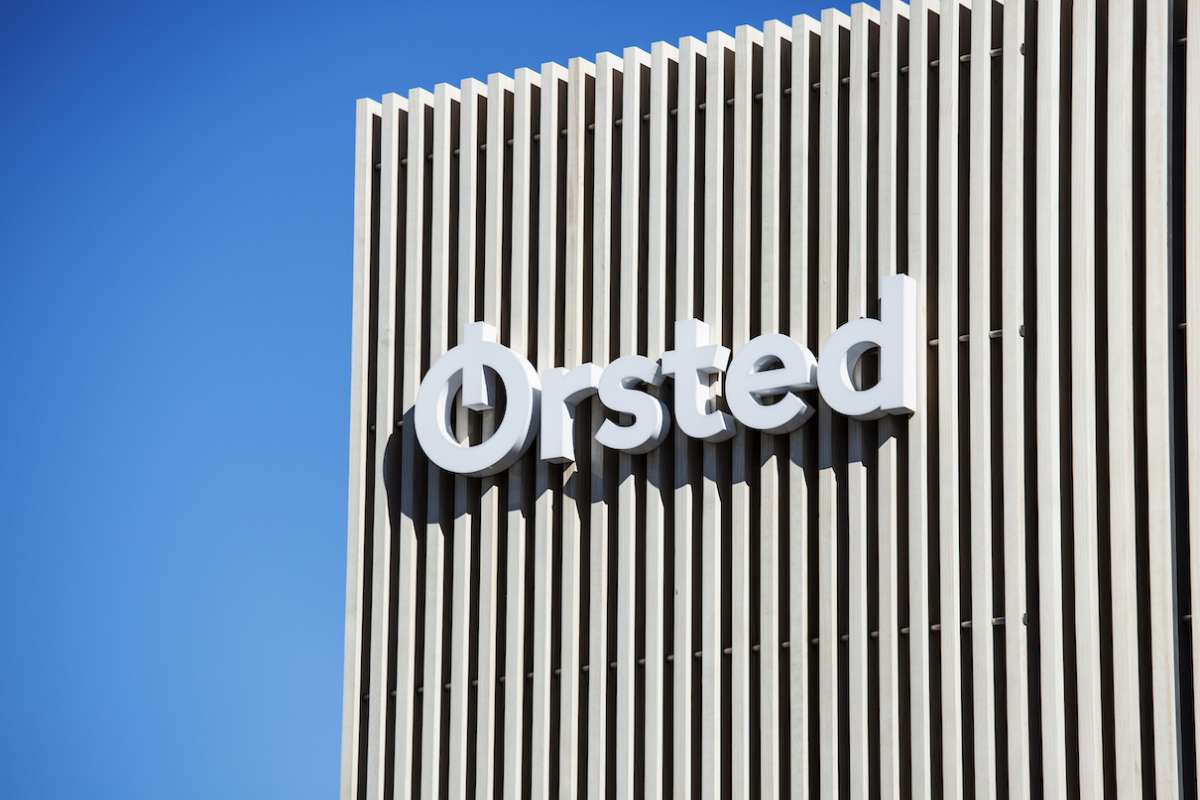COPENHAGEN, Oct. 9, 2025 — Danish renewable energy company Orsted rose announced Thursday that it will cut 2,000 jobs by the end of 2027 as part of a global restructuring plan. The decision comes as the company faces mounting challenges in the United States following the Trump administration’s restrictions on wind power generation.
Orsted, which employs around 8,000 people worldwide, said 500 positions would be eliminated by the end of this year, with further reductions continuing over the next two years. The company expects the move to generate annual savings of about 2 billion Danish krona ($311 million) starting in 2028.
Shares of Orsted rose 0.7% in early European trading Thursday. The company’s stock has struggled this year due to regulatory headwinds in the U.S. and lower-than-average offshore wind speeds, which have affected production and revenue forecasts.
Workforce reduction by 2027
“Today, we’ve told our employees that from now and until the end of 2027, we’ll be saying goodbye to many skilled and valued colleagues who’ve contributed greatly to Ørsted,” Chief Executive Officer Rasmus Errboe said in a statement.
Errboe said the job cuts would be achieved through natural attrition, position eliminations, divestment, outsourcing, and layoffs. He added that the company intends to streamline operations to remain competitive as it completes its current offshore construction projects.
“This is a necessary consequence of our decision to focus our business and the fact that we’ll be finalizing our large construction portfolio in the coming years,” Errboe said. “At the same time, we want to create a more efficient and flexible organization, ready to bid on new value-accretive offshore wind projects.”
Focus shifts toward European markets
The restructuring will shift Orsted rose strategic focus primarily toward Europe, where the company continues to hold a strong position in offshore wind development. Orsted has faced growing uncertainty in the U.S. after President Donald Trump signed an executive order on his first day in office suspending new or renewed onshore and offshore wind leases.
Earlier this year, the Trump administration ordered Orsted to halt construction on its Revolution Wind project off the coast of Rhode Island. The project, which was 80% complete and expected to power more than 350,000 homes, resumed only after a U.S. court overturned the federal order last month.
The administration’s energy policy has prioritized fossil fuel production, arguing that wind projects have environmental and economic drawbacks. The measures have significantly disrupted the offshore wind industry, delaying projects and cutting investment incentives for developers such as Orsted.
Financial impact and restructuring plans
In September, Orsted lowered its full-year financial guidance, citing reduced wind speeds across its portfolio and project delays in North America. The company said it would concentrate on existing profitable markets while reassessing future U.S. investments.
Orsted, once hailed as a global leader in renewable energy transformation, has struggled to maintain its growth trajectory after canceling several large-scale offshore wind projects in 2023. Those cancellations resulted in nearly $4 billion in losses.
Despite the current challenges, analysts say Orsted’s decision to refocus its operations could strengthen its financial position over the long term. The company aims to restore profitability by cutting costs, consolidating resources, and pursuing new opportunities within Europe’s expanding renewable energy sector.
As of Thursday, Orsted’s shares were trading at €16.15 on the Copenhagen exchange, unchanged from the previous day.
Visit Oil Gas Energy Magazine for the most recent information.












